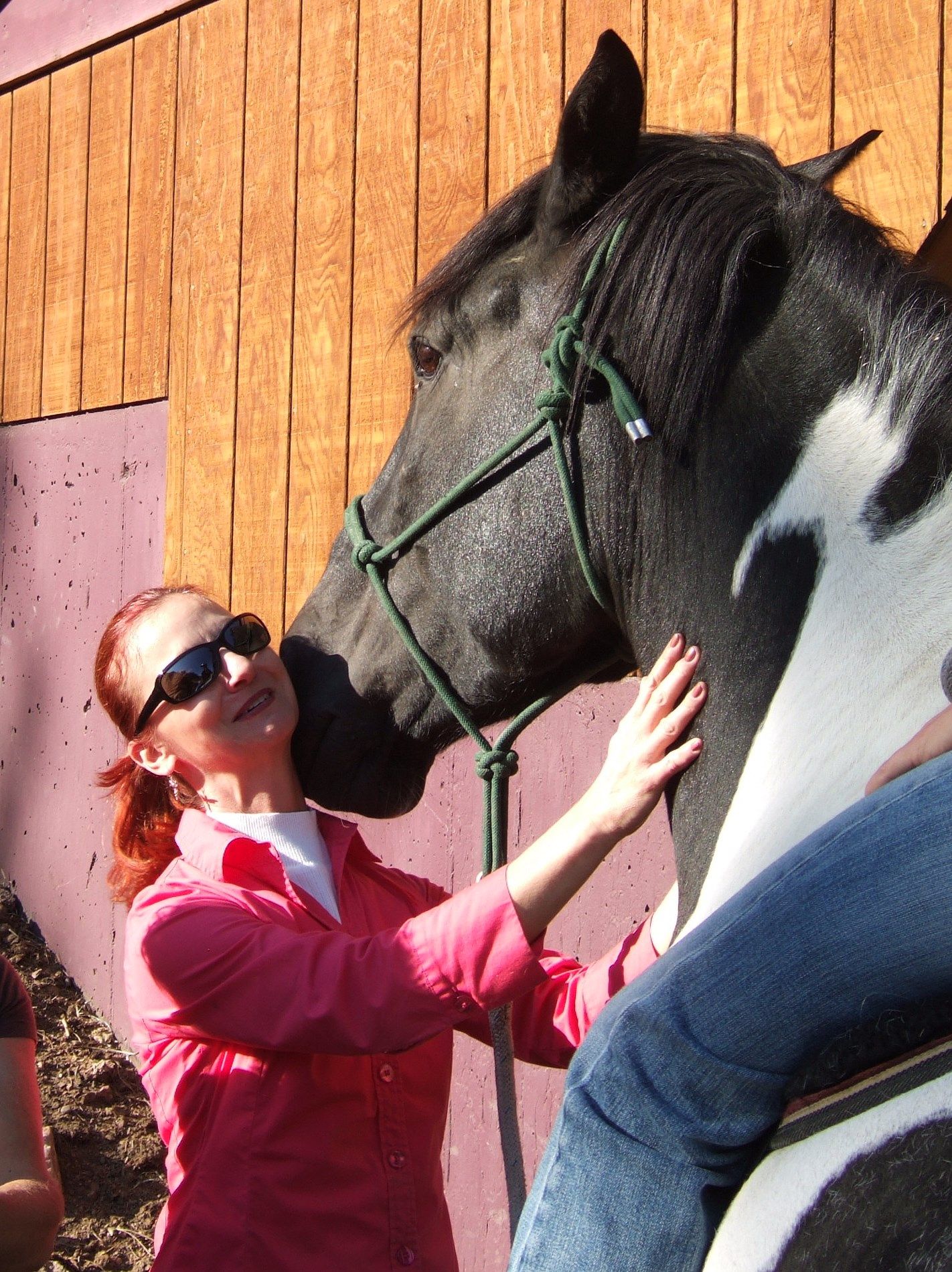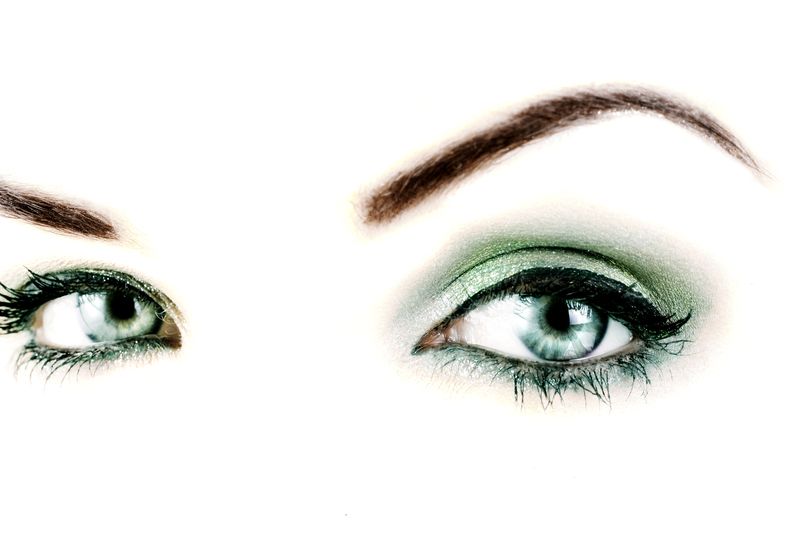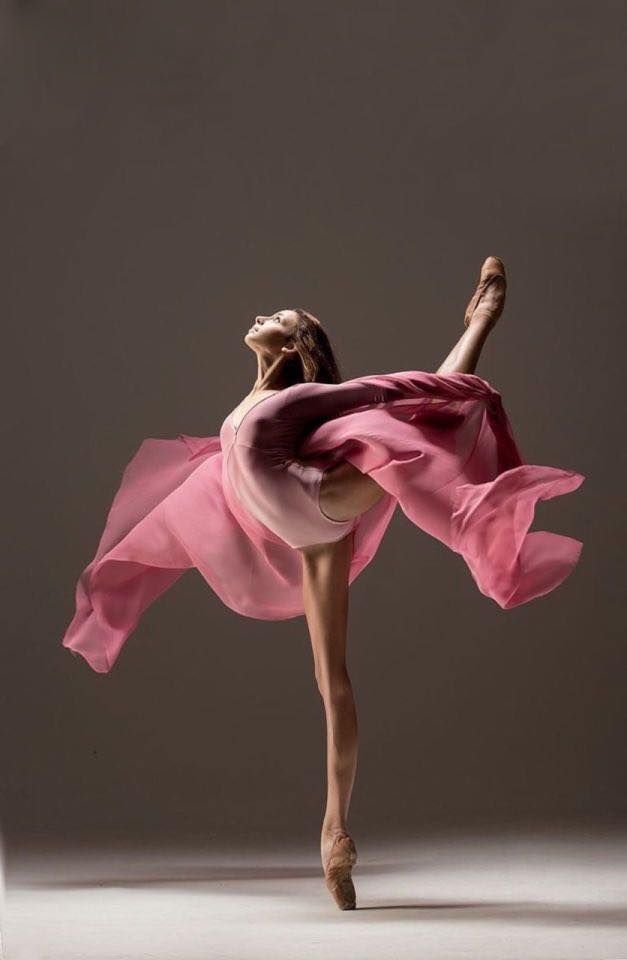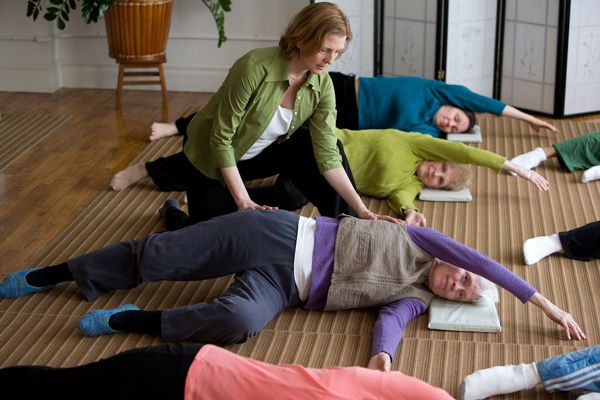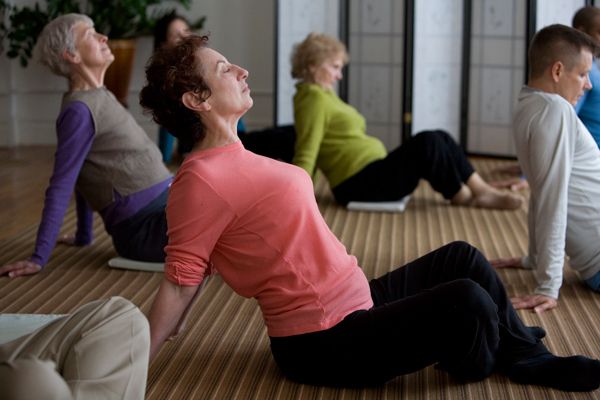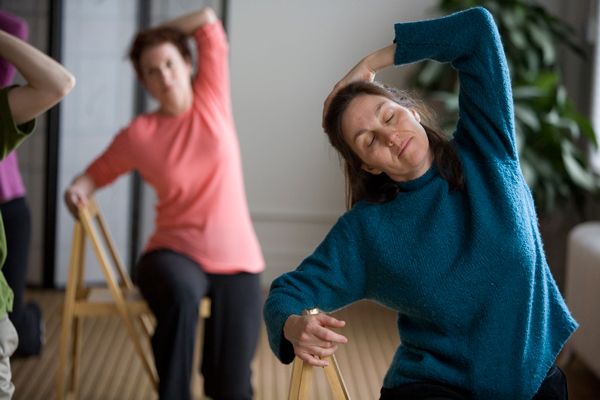Tag: Feldenkrais
Feldenkrais®: Science and Magic
Written by Cheryl on . Posted in Cheryl's View.
Breaking Up Is Hard To Do….Or Not
Written by Cheryl on . Posted in Cheryl's View.
Opportunities to Learn are Everywhere!
Written by Cheryl on . Posted in Cheryl's View.
Feldenkrais® Training: Who’s that lady?
Written by Cheryl on . Posted in Cheryl's View.
Why Feldenkrais® is better than stretching….
Written by Cheryl on . Posted in Fit Tips.
What is Feldenkrais(R)?
Written by Cheryl on . Posted in Feldenkrais.
Feldenkrais Training: The transformation begins….
Written by Cheryl on . Posted in Feldenkrais.
Feldenkrais(R) and the wardrobe malfunction….
Written by Cheryl on . Posted in Feldenkrais.
Feldenkrais Lesson: Rolling the Head
Written by Cheryl on . Posted in Feldenkrais.
Cheryl Ilov International
Email: info@Cherylilov.com




